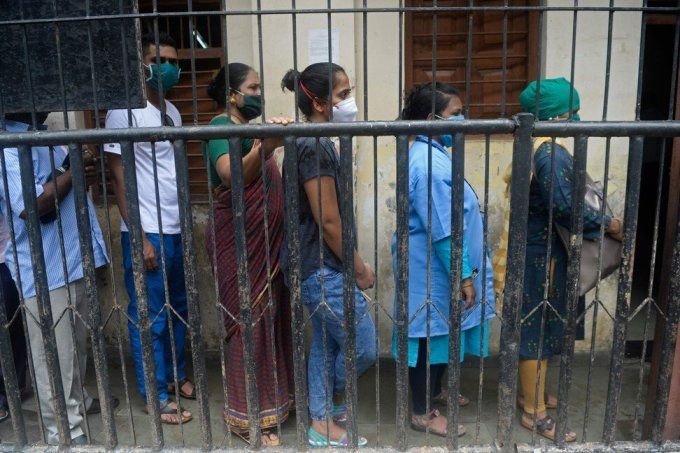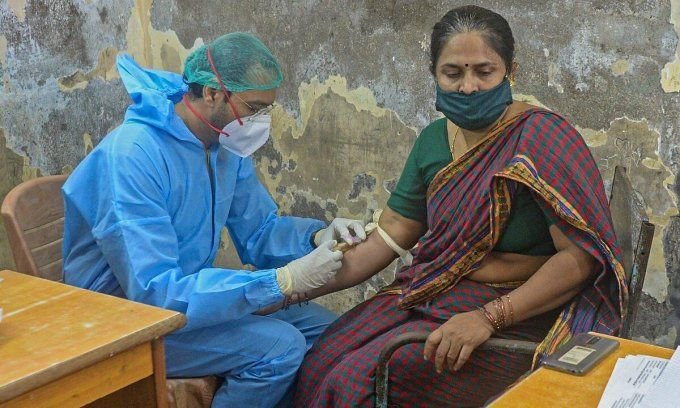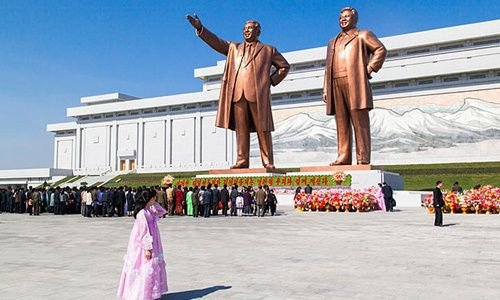The study was conducted by Tata in collaboration with the Mumbai government using serum tests in July on 6,936 people living in three slums on the outskirts of Mumbai.
This explains the decreasing number of Covid-19 cases in this community compared to the rest of India, even though the whole country is increasing the number of infections.
`Mumbai’s slums may have reached herd immunity,` said Jayaprakash Muliyil, chairman of the Scientific Advisory Committee of India’s National Institute of Epidemiology.
A woman who recovered from Covid-19 infection volunteered to donate plasma in Dharavi, Mumbai, India, on July 23.
About 57% of survey participants in the Dahisar, Chembur and Matunga slums had nCoV antibodies in their blood, compared to 21.2% in New York City, USA, in April and 14% in Stockholm, Sweden.
The study also shows that despite the government’s efforts to prevent nCoV from spreading, Mumbai slums may have unintentionally implemented the `herd immunity` strategy that is controversial in the world.
The community immunity strategy in Sweden is controversial when the number of deaths due to Covid-19 in this country is higher than in neighboring countries that have implemented blockade measures to prevent the epidemic.
Dharavi, India’s largest slum with one million people living, has a population density of up to 277,136 people/km2.
However, the number of nCoV infections in this slum in recent weeks has decreased sharply compared to the time of the outbreak in April, although the growth rate of new infections in India is the highest in the world.

People recovering from Covid-19 wait in line to donate plasma in Drahavi, Mumbai, India, July 23.
Expert Muliyil said that the decrease in the number of infections shows that the government’s quarantine measures have been effective, or that the area has reached herd immunity.
However, he still believes that even if herd immunity occurs, the government’s epidemic prevention measures have helped reduce the death rate in the slums, because proactive surveillance ensures cases
Dharavi slum recorded 255 deaths due to Covid-19 out of a total of one million residents.
More than 210 countries and territories have had Covid-19, causing more than 17.2 million infections and nearly 671,000 deaths.
Mai Lam (According to Bloomberg)










